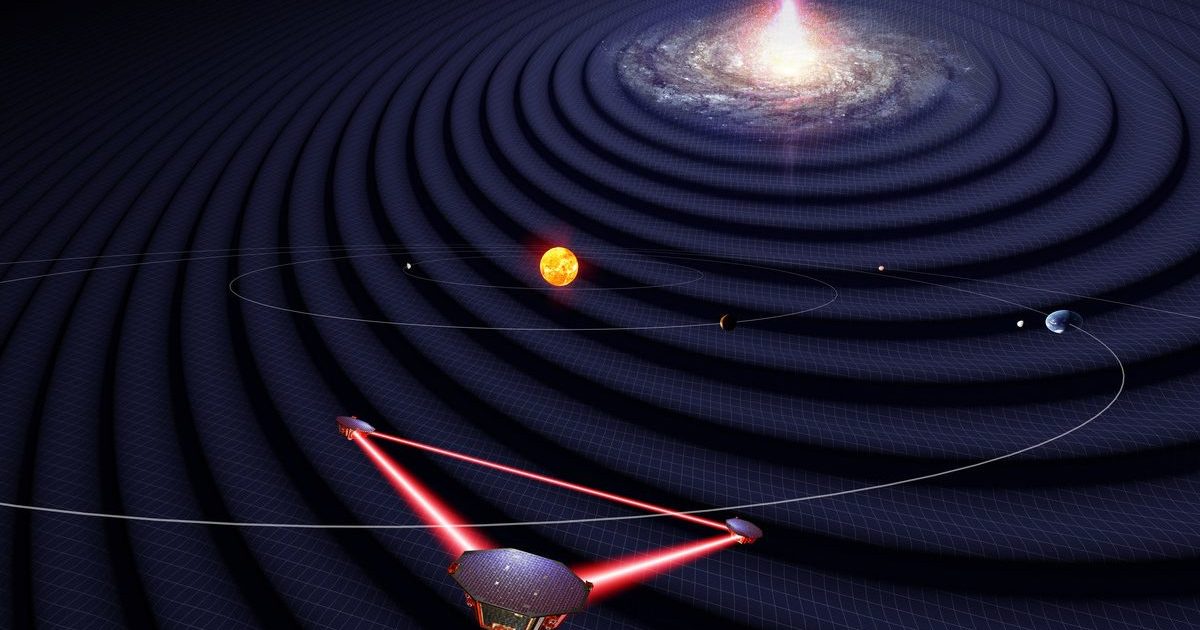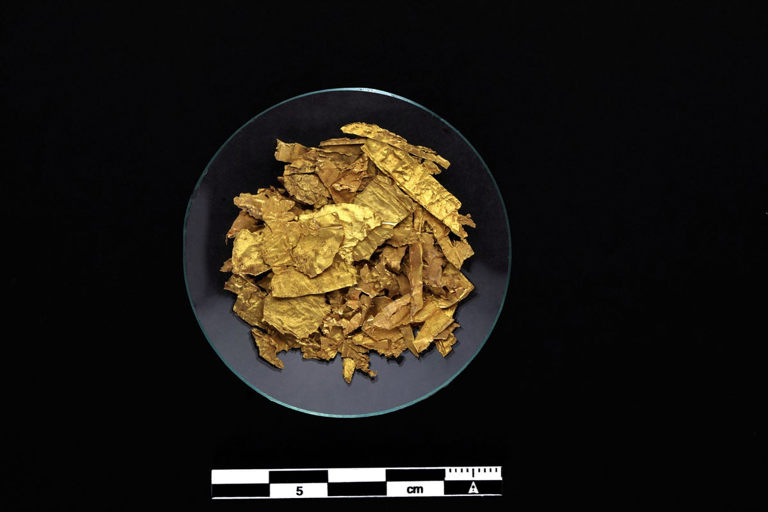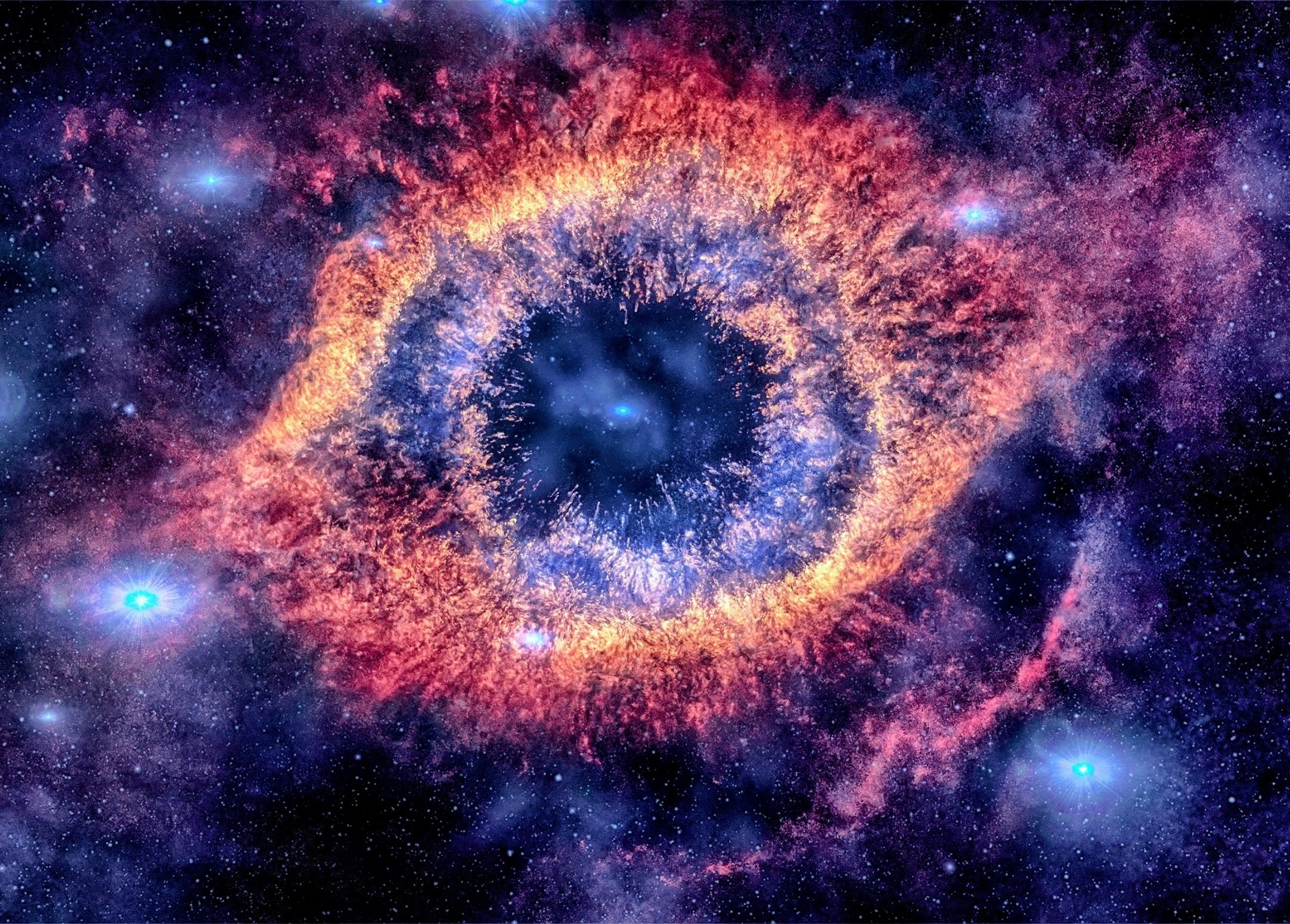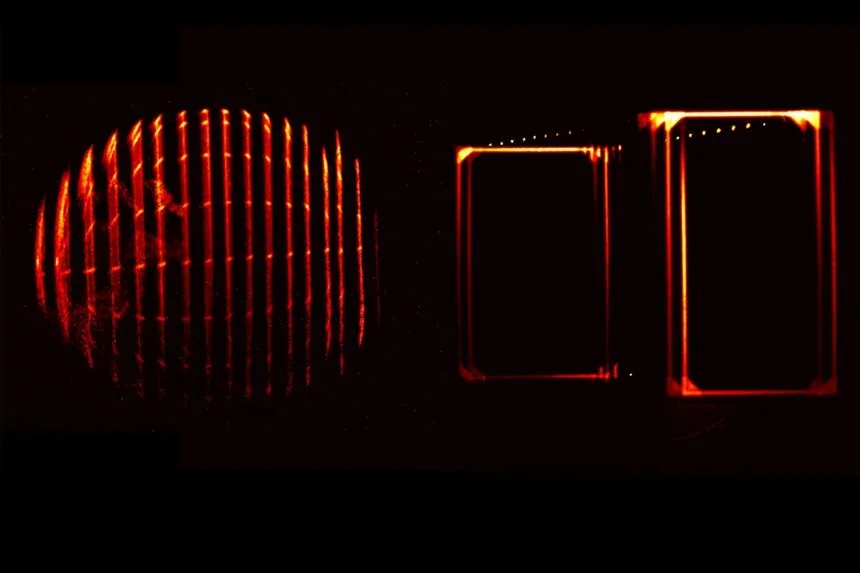Just 10 years ago, humanity had never directly detected a single gravitational wave. We’re closing in on 300 now, with so much more to come!
The image above shows an illustration of the three future LISA, or Laser Interferometer Space Antennae, spacecrafts, in a trailing orbit behind the Earth. LISA will be our first space-based gravitational wave detector, sensitive to objects thousands of times as massive than the ones LIGO can detect.
Key Takeaways
-
When the advanced LIGO detectors turn on for the first time in 2015, they began seeing gravitational waves in just days. As of 2025, over 300 gravitational wave (candidates) have been spotted. -
Looking ahead, ground-based detectors are being joined by pulsar timing arrays and, soon, the space-based LISA, opening up the potential to detect fundamentally different types of gravitational wave events. -
It won’t just be “more of the same,” however; new tools and techniques, including by folding in artificial intelligence, are going to help us maximize every drop of data. Here’s how.
Sign up for the Starts With a Bang newsletter
Travel the universe with Dr. Ethan Siegel as he answers the biggest questions of all.
It might seem hard to fathom, but it hasn’t even been ten full years since advanced LIGO, the gravitational wave observatories that brought us our very first successful direct detection, turned on for the very first time. In the time since, it’s been joined by the Virgo and KAGRA detectors, and humanity is currently closing in on 300 confirmed gravitational wave detection events. What was an unconfirmed prediction of Einstein’s General Relativity for a full century has now become one of the fastest-growing fields in all of astronomy and astrophysics.
Here in 2025, we’re now looking forward to the LISA era: where we’re going to build our first gravitational wave detectors in space. They’ll have far longer baselines (i.e., separations between the various spacecrafts/stations) than any terrestrial gravitational wave detector, enabling us to detect fundamentally different classes (and masses) of objects that emit gravitational waves. At the same time, the rise of artificial intelligence and machine learning is enabling us to detect and characterize ever greater numbers of gravitational wave events, an incredibly exciting development.
For this episode of the Starts With A Bang podcast, I’m so pleased to welcome Shaniya Jarrett to the program. She’s here to guide us up to the frontiers and help us peer over the horizon, and is currently an astronomy PhD student at the University of Maryland after earning her Masters degree from the Fisk-Vanderbilt bridge program. Have a listen and learn all of the exciting science that’s not only within our reach today, but that we all have to look forward to in the very near future!
Sign up for the Starts With a Bang newsletter
Travel the universe with Dr. Ethan Siegel as he answers the biggest questions of all.
Photons come in every wavelength you can imagine. But one particular quantum transition makes light at precisely 21 cm, and it’s magical.
Perhaps no existential question looms larger than that of our ultimate cosmic origins. At long last, science has provided the answers.
Exoplanets can exist anywhere around their parent stars, even so close that they evaporate or disintegrate. Even the rocky ones.
Our scientific instruments are constantly improving, revealing nature’s workings as never before. Without them, we’ll remain in the dark.
Since the dawn of history, humans have pondered our ultimate cosmic origins. Now in the 21st century, science has gone beyond the Big Bang.
According to Tolkien, fantasy requires a deep imagination known as “sub-creation.” And the genre reflects a fundamental truth of being human.



